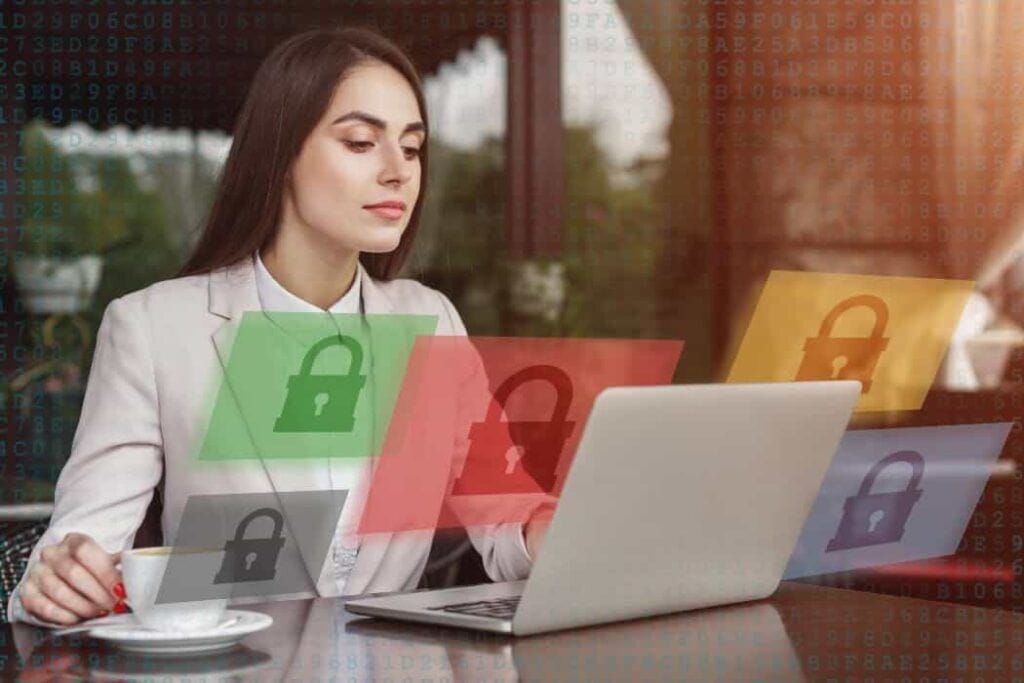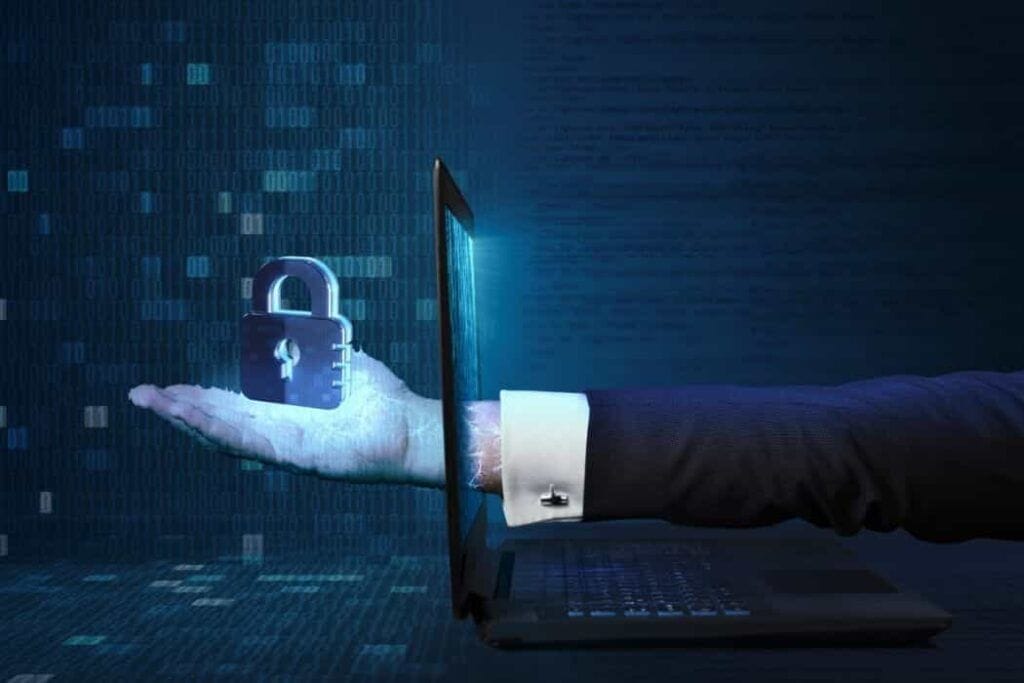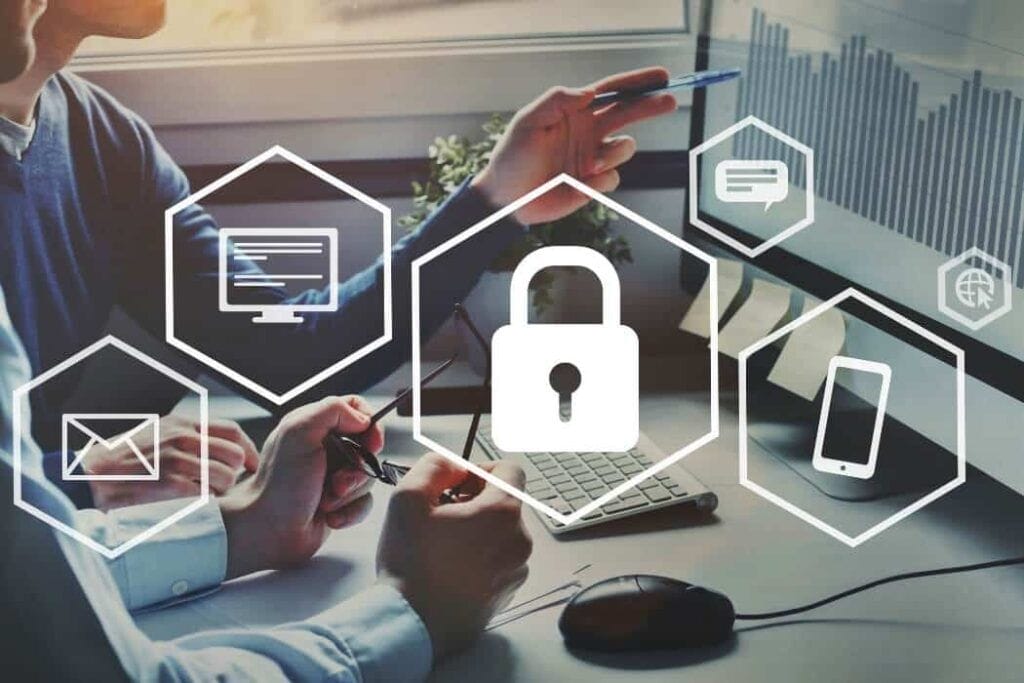
At B2Bpay We Take Cybersecurity Seriously
Cybersecurity is a huge challenge for all businesses in the modern era, but small businesses are particularly under threat. Two out of five small businesses in Australia have direct experience with a cyber attack, proving the need to take cyber threats seriously.
For B2B businesses, it’s essential to protect your financial transactions with a secure payment provider. There are also other steps you can take if you want to keep you and your customers’ data secure.
Here’s everything you need to know to keep your transactions safe.
Why Is Cybersecurity Essential for Small Businesses?
Some people assume that cybersecurity is primarily an issue for large corporations and conglomerates. However, small businesses are also at risk of cyber attacks, and in some cases, hackers are more likely to target them.
Small and medium enterprises (SMEs) are less likely to invest in cybersecurity. One-third of SMEs do not have a department dedicated to IT, let alone cybersecurity, and many don’t have the resources or support to invest significantly.
SMEs may store customer data themselves, including sensitive financial information. If they work with larger companies, they might also serve as an entry point for hackers to get into larger and more secure systems, causing severe reputational damage.
Understanding Cyber Threats for Small Businesses
The first thing that SMEs can do to reduce the threat is to understand how to evaluate their cyber risk. Every business is different and there may be some unique threats that face your company, understanding your weaknesses is essential if you want to protect yourself.
Generally, the definition of risk is the following equation:
Risk = Threat x Vulnerability x Impact
In other words, business owners need to understand the cyber threats they face, how vulnerable the company is, and what impact an attack would have.
There are many types of cyber attacks, and you need to know what they are in order to protect against them.
Types of Cyber Threats for Small Businesses
Hackers can target a business for many reasons, but they usually want to harvest data. This data can include confidential information or even financial details, which they can use for payment fraud.
Malware attacks are when hackers use software to damage computers and other networks. These attacks are expensive to fix and put critical data at risk. Cybercriminals use spam emails, fake downloads, and more to infiltrate devices with malware.
Phishing is another threat faced by small businesses. Spam emails, phone calls, and texts attempt to trick people into downloading malicious content or providing access to information. In some cases, your clients might fall for a phishing scam, which makes proper security even more important.
Ransomware is also something to look out for, with SMEs particularly at risk due to endpoint protection. It involves forcing businesses to pay to access data the hacker blocks behind a paywall. This may be your company website, financial data or any sensitive information.
Although it sounds obvious, issues like weak passwords put your business at risk. It’s vital to educate yourself on all potential threats and how to prevent them.


What Can Small Businesses Do to Protect Against Hackers?
Primarily, small business owners need to create and implement a data security plan. Watertight policies that determine who can access data and when can help keep your business safe. You should also implement other protection measures for all devices, storage software, and more.
Businesses should review their policies regularly and update them as necessary. As your business grows, so should your data protection policy.
Your data protection policy should account for:
- Password strength
- A timeframe for updating passwords
- A plan for backing up data
- Firewalls
- Insurance
- A plan for how long you store data
- A method for deleting data securely
Critically, all your employees should know the data protection policy inside and out. Train all your employees so that they know the plan, and update them whenever the policy changes.
Otherwise ensuring that you have a reputable and trustworthy IT department or technology services that manage these issues for you.
How B2Bpay Can Protect Your Business
If you are seeking a payment provider that also protects your business, B2Bpay is a clear choice. Our payment processing system is a modern cloud-based solution that helps you pay and receive transactions with ease and collect business reward points as you go. However, as a third party, we do not collect or store full card numbers. All of our business is conducted onshore in Australia, including data processing and transactions. Keeping our operations onshore means that we can offer more secure processing and respond to threats instantly. Our customers are always supported thanks to our local team of experts and customer service. During transactions, B2Bpay uses Secure Sockets Layer (SSL) for encryption of data and merchant facilities provided by ANZ. We also utilise Multi-Factor Authentication (MFA) for an added layer of security, preventing hackers from accessing your crucial business data. Through an authenticator app, B2Bpay customers can ensure that their business data remains safe and secure, without you having to remember more than one password. Find out more about our security and technology here.Final Thoughts: How to Protect Your Business Today
SMEs need to protect their data, but they also have a responsibility to protect the information of their customers and clients. It’s vital to have a data protection policy in place that helps you keep all of your information secure.
For B2B businesses, keeping data safe during financial transactions is essential for both you and the businesses you work with. Having a secure payment provider is just one way to do this, and it’s one of the easiest steps you can take to protect your information.
B2Bpay can help you protect data for online and offline payment processing, whether it’s a one-time or bulk payment. Plus, it integrates with Xero, MYOB, and QuickBooks to make set-up as quick and easy as possible. It’s a tiny change that can transform the security of your business’s data, reducing the Vulnerability metric to greatly negate overall Risk.
With features including MFA, SSL encryption, and on-shore processing, B2Bpay is the obvious choice for small B2B companies seeking a secure payment solution.
Sign up for B2Bpay today to get all these benefits and more.


